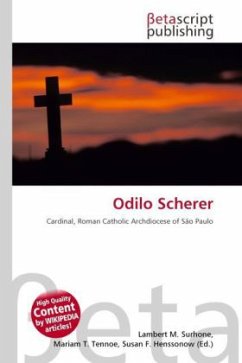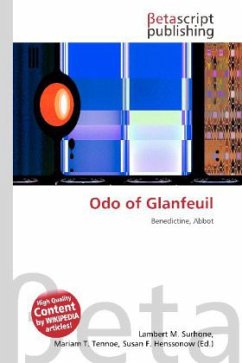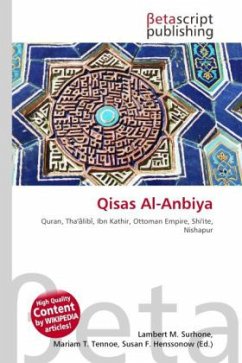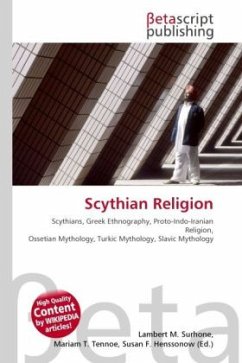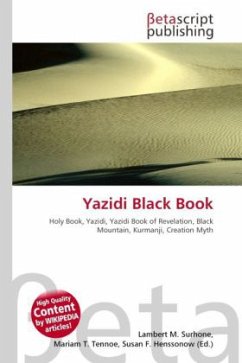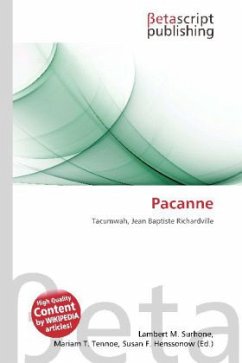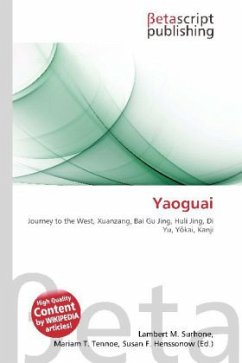
Yaoguai
Versandkostenfrei!
Versandfertig in 6-10 Tagen
19,99 €
inkl. MwSt.

PAYBACK Punkte
10 °P sammeln!
Please note that the content of this book primarily consists of articles available from Wikipedia or other free sources online. Yaoguai or yaomo or yaojing is a Chinese term that generally means "demon". Yaoguai are mostly malevolent animal spirits or fallen celestial beings that have acquired magical powers through the practice of Taoism. The evil ones are usually referred to as guài (literally, "freak") or mó (literally, "demon") in Chinese. Their greatest goal is achieving immortality and thus deification. In Journey to the West, the demons seek this mostly by the abduction and consumptio...
Please note that the content of this book primarily consists of articles available from Wikipedia or other free sources online. Yaoguai or yaomo or yaojing is a Chinese term that generally means "demon". Yaoguai are mostly malevolent animal spirits or fallen celestial beings that have acquired magical powers through the practice of Taoism. The evil ones are usually referred to as guài (literally, "freak") or mó (literally, "demon") in Chinese. Their greatest goal is achieving immortality and thus deification. In Journey to the West, the demons seek this mostly by the abduction and consumption of a holy man (in this case, Xuanzang). Not all yaojing are actually demons; some others are of quite unusual origins. In the case of Bai Gu Jing, she was a skeleton that became such a demon. Many yaojing are fox spirits, or according to the Journey to the West, pets of the deities. There are also yaoguai kings (mówáng) that command a number of lesser demon minions. In Chinese folklore, the Chinese hell (Di Yu) is a place that is populated by various demonic spawns. Most of these demons are influenced by the Indian rakshasa or yaksha and therefore bear some similarity with the Japanese oni.




